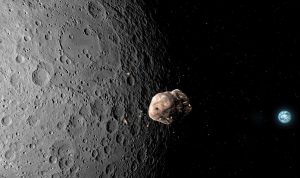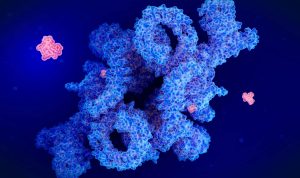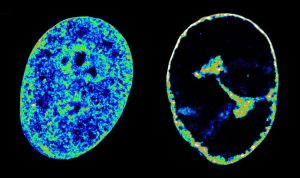Mice created using genetic material from two sperm cells have gone on to have offspring off their own, but the prospect of one day using the technique in humans has potential to cause controversy
“All hell will break loose, politically and morally, all over the world.” So said James Watson, the Nobel prize-winning co-discoverer of DNA’s double helix, on the possibility of human in vitro fertilisation in 1974. Four years later, Louise Brown, the first successful IVF baby, was born.
Today, more than 12 million people have been conceived via IVF, and hell seems still to be broadly contained. Few of us would bat an eye at the procedure.
But what of our attitudes to future reproductive technology? That question is raised by the birth offertile mice with two genetic fathers. Such featshave been attempted before, creating both motherless and fatherless mice, but this latest technique stands apart because it doesn’t involve genetic modification. In principle, that makes it suitable for use in humans.
There are many technical reasons why this won’t happen soon, from the low success rate to the large number of human eggs, stripped of their DNA, that would be required. Despite that, we should start thinking about the social hurdles.
For some people, the thought of a child with two genetic fathers will never be acceptable, just as there are still those who decry gay couples adopting a family. Such minds will be difficult, if not impossible, to change.
As with IVF, what was once front-page news could become run of the mill
As with IVF, what was once front-page news could become run of the mill
But we can expect a broader group of people to have, if not strict moral objections to the idea, a general unease. The first children born in this way, if any are, will, in a way, be unlike any humans that have ever existed. While IVF children are conceived via a process our ancestors could never imagine, they still continue a genetic lineage of every person having one male progenitor and one female.
Does this matter? Quite possibly not – as with IVF, what was once front-page news could become run of the mill. But in an era when the US iscurtailing reproductive and transgender rights, having an open discussion about the technology without prejudice will be the bigger challenge. It is perhaps fortunate that these questions don’t have to be settled any time soon.
Receive a weekly dose of discovery in your inbox!
We'll also keep you up to date withNew Scientistevents and special offers.
















